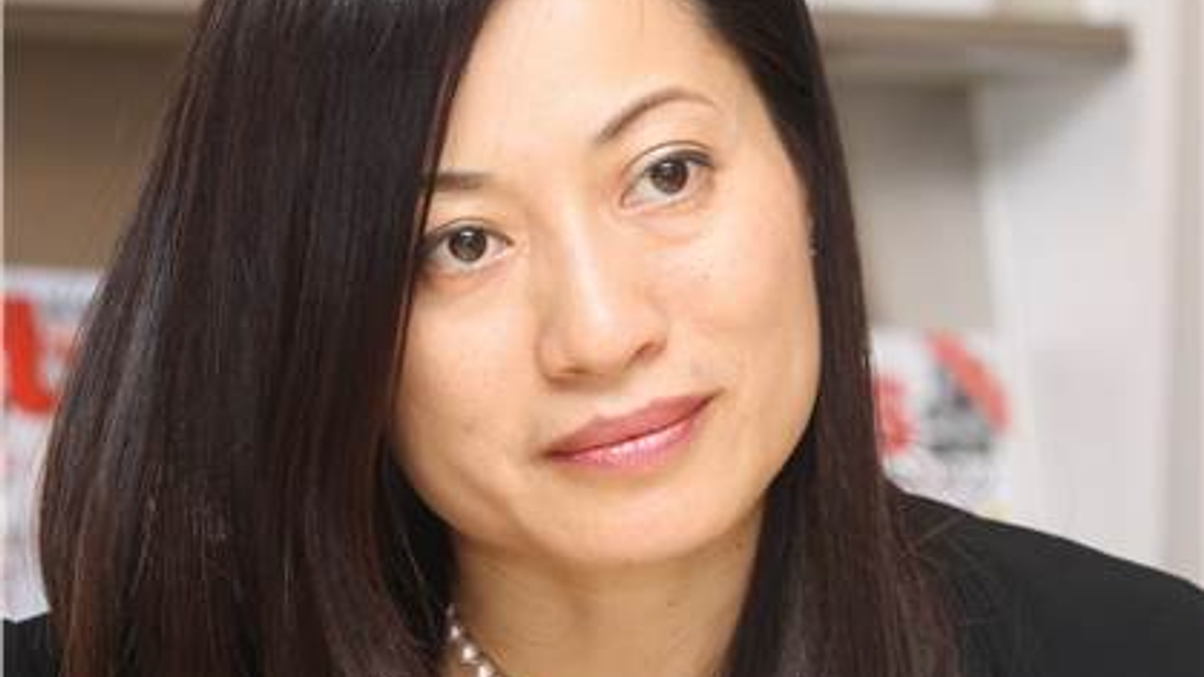Mind China’s perception gap, firms urged
There is a lack of understanding among mainland retail investors that Hong Kong distributors and manufacturers need to prepare for ahead of the launch of mutual recognition, a forum hears.

There’s a perception gap among Chinese investors that Hong Kong fund distributors and manufacturers need to be aware of prior to the launch of the cross-border mutual recognition scheme, a forum heard.
Sign in to read on!
Registered users get 2 free articles in 30 days.
Subscribers have full unlimited access to AsianInvestor
Not signed up? New users get 2 free articles per month, plus a 7-day unlimited free trial.
¬ Haymarket Media Limited. All rights reserved.


